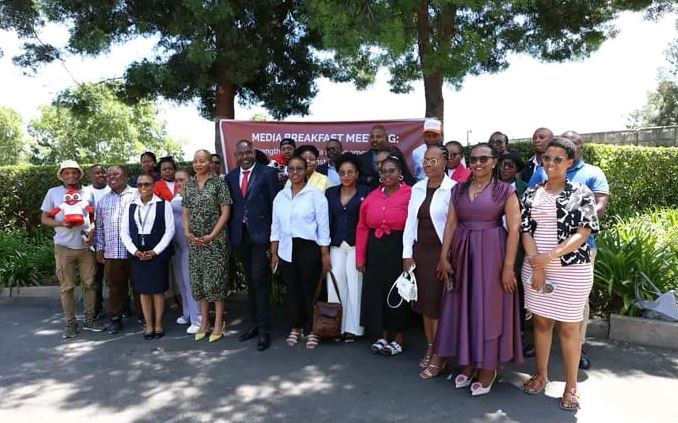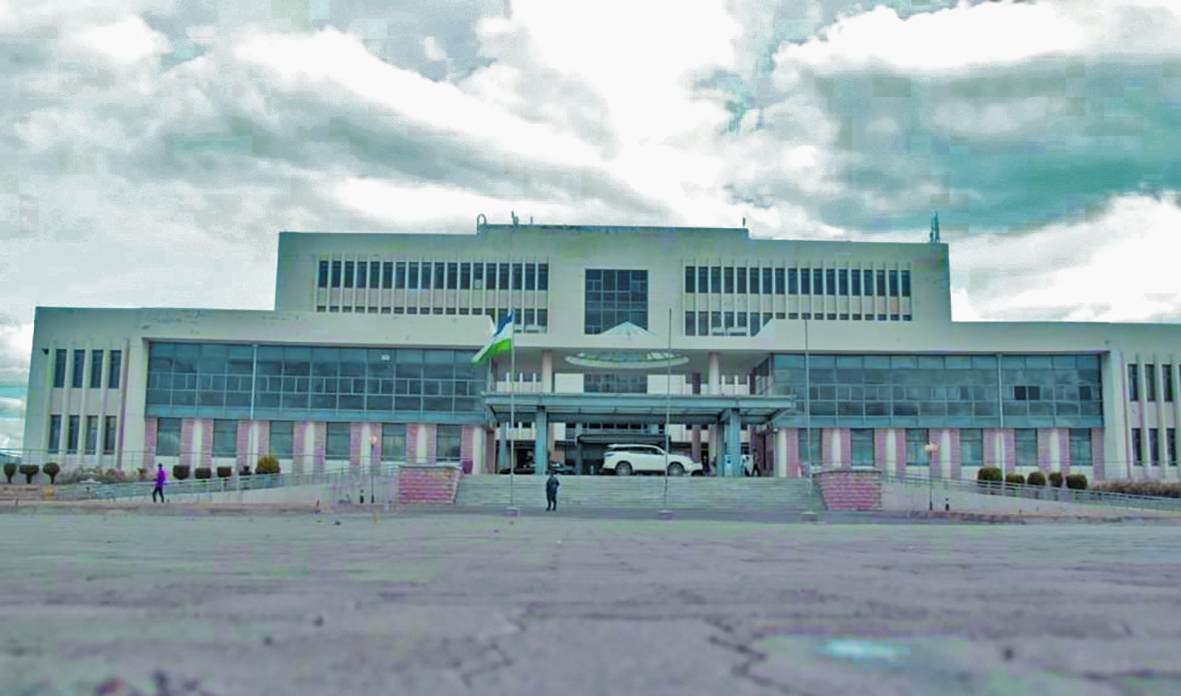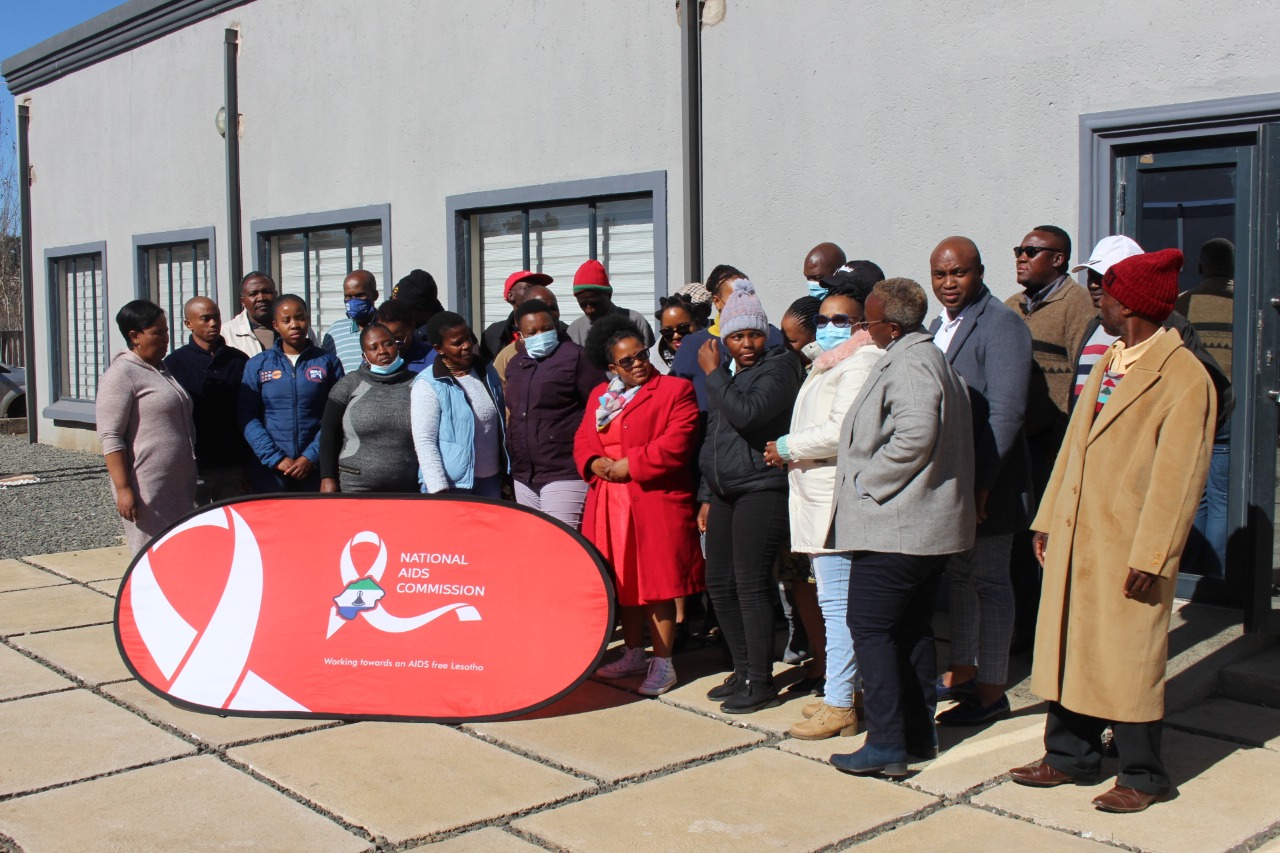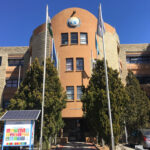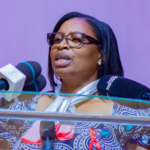… Collaboration hailed as key to sustained progress
Lesotho has reached a historic milestone in the fight against HIV, achieving all three of the ambitious UNAIDS 95-95-95 targets by the end of 2024.
This landmark success, alongside a sharp decline in new infections, was highlighted during a Media Breakfast Meeting hosted by the AIDS Healthcare Foundation (AHF) Lesotho on Thursday, which focused on the “Role of Media in HIV Response in Lesotho” and the need for continued stigma-free, collaborative messaging.
The year 2025 offers a moment of reflection on Lesotho’s HIV journey, which began with the first reported case in 1986.
The National AIDS Commission (NAC) notes that the country is among just five globally to have reduced annual new HIV infections by at least 75 percent since 2010.
Maema Ramaema from the National AIDS Commission (NAC) lauded the nation’s commitment. “Lesotho is now one of the seven countries that have reached all three 95 targets by the end of 2024,” Ramaema announced.
Ramaema emphasised that this success is a national effort, “We are clapping hands for the Mosotho who decided to go and get tested, for the partners and friends of the Basotho who have made programs that send SMS’s to patients to remind them.”
The latest data from NAC, according to Ramaema, shows the adult HIV prevalence has reduced by 32 percent, falling from 25 percent in 2010 to 17.1 percent.
However, Ramaema pointed out a continuing challenge, is a disproportionate burden on women, particularly young women aged 20 to 29, often driven by economic vulnerability and intergenerational sex.
“Women seem to have a greater burden, as far as prevalence is concerned,” he observed, underscoring the necessity of continuing to address gender dynamics.
The meeting served as a crucial platform to reinforce the media’s role in advancing the next phase of the HIV response.
Nthoesele Letoao, Program Country Manager for AHF Lesotho, opened the meeting by stressing the media’s pivotal influence.
“The media has always played a very pivotal role in shaping public understanding, influencing attitudes, and driving social change,” Letoao stated.
She called for continued vigilance. “Stigma, misinformation and complacency continue to threaten the gains we have made, it is therefore crucial that the media remains active, informed as a partner in helping to sustain public awareness.”
Letoao highlighted the importance of media collaboration to not only disseminate accurate information but also to tell the “stories of resilience, stories of progress and hope, while continuing to shine the light on the challenges that still need to be addressed.”
Dr. Patrick Kanyema, AHF Medical Director, provided an overview of the organisation’s comprehensive approach, which works in partnership with the Ministry of Health and other stakeholders.
“Our main goal is to contribute to the fight against HIV and AIDS,” said Kanyema. He detailed AHF’s robust program components, including condom distribution, Voluntary Male Medical Circumcision (VMMC), primary prevention wellness centers, and the Girl Act program to empower young women and combat early marriage and pregnancy.
Kanyema stressed the focus on quality and accessibility, noting the use of a mobile supportive supervision team to ensure remote areas receive the same standard of service.
Summary
- This landmark success, alongside a sharp decline in new infections, was highlighted during a Media Breakfast Meeting hosted by the AIDS Healthcare Foundation (AHF) Lesotho on Thursday, which focused on the “Role of Media in HIV Response in Lesotho” and the need for continued stigma-free, collaborative messaging.
- Ramaema emphasised that this success is a national effort, “We are clapping hands for the Mosotho who decided to go and get tested, for the partners and friends of the Basotho who have made programs that send SMS’s to patients to remind them.
- Letoao highlighted the importance of media collaboration to not only disseminate accurate information but also to tell the “stories of resilience, stories of progress and hope, while continuing to shine the light on the challenges that still need to be addressed.

Ntsoaki Motaung is an award-winning health journalist from Lesotho, specializing in community health stories with a focus on sexual and reproductive health and rights, as well as HIV. She has contributed to platforms like “Be in the KNOW,” highlighting issues such as the exclusion of people with disabilities from HIV prevention efforts in Lesotho.
In addition to her journalism, Ntsoaki serves as the Country Coordinator for the Regional Media Action Plan Support Network (REMAPSEN). She is also a 2023 CPHIA Journalism Fellow.


